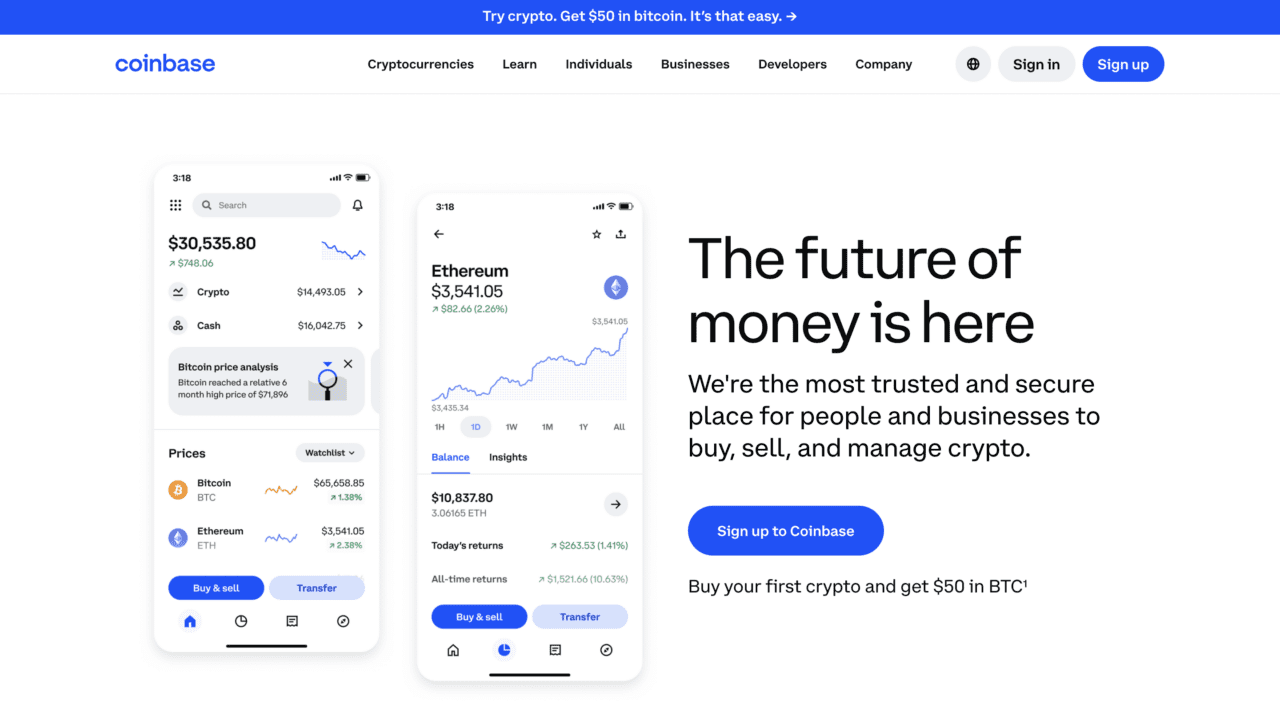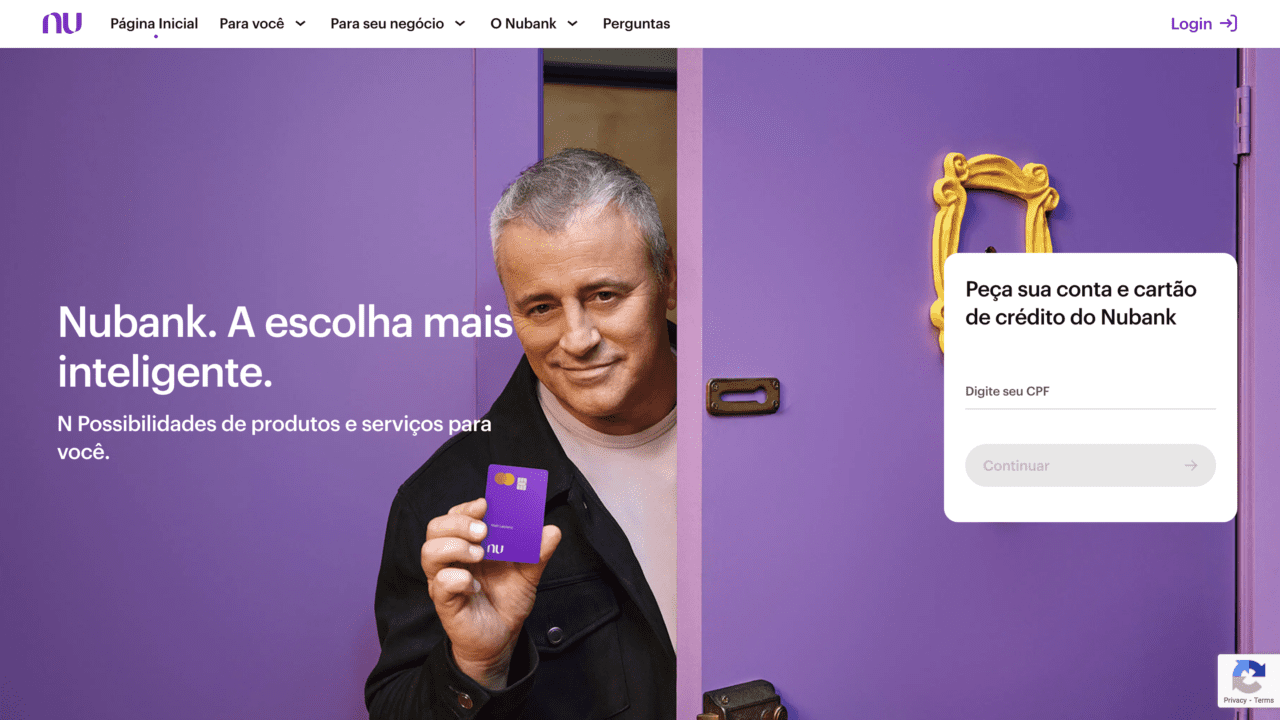
This week in 5 Tales from the Crypto we look at a pair of acquisitions, an expansion into a new market, new guidelines for crypto providers, and a new solution for executing cryptocurrency swaps.
Crypto.com acquires Australia’s Fintek Securities
Cryptocurrency trading platform Crypto.com has acquired brokerage service and trading company Fintek Securities. Terms of the transaction were not disclosed.
The acquisition will help Crypto.com extend its services to crypto traders and investors in Australia. Fintek Securities holds an Australian Financial Services license and is regulated by the Australian Securities and Investments Commission.
“The path of the Crypto.com roadmap is to ambitiously expand our offering by providing customers (with) the most comprehensive set of financial services, and this acquisition is the latest step in that journey,” Crypto.com CEO Kris Marszalek said. “The goal is to create one destination for all financial services where users can simplify their experience and maximize rewards.”

Crypto.com offers eligible customers financial products including deposits, derivatives, securities, foreign exchange, managed investment schemes, and more. Investors and traders on its platform can buy Bitcoin, Ethereum, and more than 350 other cryptocurrencies. They can also access, manage, and spend their funds at any time using their Crypto.com Visa Card, which offers 5% cash back on all purchases.
Founded in 2016, Crypto.com has its corporate headquarters in Singapore and American headquarters in Tyler, Texas. The company serves more than 100 million customers around the world, and is a leader in regulatory compliance, security, and privacy in the crypto space. Crypto.com’s latest acquisition comes less than a month after it announced the purchase of SEC-registered broker-dealer Watchdog Capital. In August, Crypto.com added PayPal as a payment method to fund cryptocurrency purchases on its platform.
Cryptocurrency platform Gemini goes live in France
Virtual Asset Service Provider (VASP) license in hand, cryptocurrency platform Gemini has gone live in France. The platform secured its VASP registration earlier this year, and this week announced that it is taking advantage of growing interest in crypto in France to begin operations in the country.
Gemini Head of Europe Gillian Lynch wrote on the company’s blog that the percentage of crypto owners in France has grown to 18%, a two-point increase since 2022. Gemini’s 2024 Global State of Crypto report further revealed that trust in crypto is higher in France (23%) compared to both the U.S. (21%) and the U.K. (19%). Additionally, most crypto owners in France (62%) are so-called HODLers who see their holdings as part of their long-term investments rather than as short-term trading vehicles. Nearly half of those responding bought their first crypto assets more than three years ago.

“Gemini’s entry into France is a strategic choice for our next phase of growth,” Lynch wrote. “France’s proactive engagement with and support of the crypto sector has fostered the development of a crypto hub, making it a key market for us.”
Lynch credited regulators for much of the positive sentiment in France toward crypto. Specifically, Lynch pointed to France’s VASP regime, as well as the European Union’s passage of the Markets in Crypto Assets regulation (MiCA) in 2023. MiCA provides a comprehensive framework and regulatory guidance for E.U. companies involved in digital assets.
“We believe in empowering individuals through crypto, and our expansion into France marks a significant milestone in our mission to make crypto accessible to everyone,” Lynch said. “Gemini’s research into the French market shows its growing interest in digital assets. (A) robust regulatory framework presents a unique opportunity to introduce our platform to the trading community and extend our presence in the European market over the coming months.”
Founded in 2015, Gemini is headquartered in New York.
EBA publishes new regulations for crypto providers
The European Banking Authority (EBA) has issued two sets of guidelines that specify measures that Crypto Asset Service Providers (CASPs) and Payment Service Providers (PSPs) must adhere to when transferring funds or cryptocurrencies. In effect as of December 30, 2025, the regulations will require CASPs and PSPs that transfer funds or crypto assets to use a reliable screening system that will ensure compliance with their “restrictive measures” obligations.
“These Guidelines clarify how restrictive measures policies and procedures interact with financial institutions’ wider governance and risk management frameworks, to avoid operational and legal risks for financial institutions and ensure an effective implementation of restrictive measures,” the EBA wrote.
Further, CASPs and PSPs must screen relevant information to manage the risk that entities or individuals could violate the EU’s restrictive measures or seek to circumvent them.
The new compliance requirements are designed to address perceived vulnerabilities in the banking system that can lead to both legal and reputational risks for financial institutions. This can weaken the effectiveness of the E.U.’s restrictive measures regime and, ultimately, destabilize the region’s financial landscape.
The regulations build on legislation first issued in 2021 by the European Commission as part of a reform of the EU’s Anti-Money Laundering (AML) and Countering the Financing of Terrorism (CFT) program. These regulations, adopted in June of last year and going into effect on December 30 of this year, include a proposal for new rules with regard to fund and crypto asset transfers.
Coinbase acquires Utopia Labs
Digital currency wallet and platform Coinbase announced that the team from Utopia Labs will join its efforts to enhance Coinbase’s onchain payments roadmap within Coinbase Wallet.
“The Utopia team has been on the ground floor building onchain payments products for years. We’re pumped for them to join us to accelerate our goal of bringing low-cost, fast, and global payments to everyone around the world,” Coinbase Head of Base and Coinbase Wallet Jesse Pollak wrote on the company’s blog. “Together, we’ll create a future where individuals and businesses large and small use onchain payments to make their lives better every day.”

Specifically, the Utopia Labs team will join Base, Coinbase’s decentralized Ethereum Layer 2 scaling network. Base provides a secure, low-cost, and developer-friendly way to build decentralized apps onchain. Coinbase Wallet enables users to store and manage all of their digital assets — from cryptocurrencies to NFTs — as well as multiple digital wallets in a single location. The wallet provides support for hundreds of thousands of coins, as well as many decentralized apps, and can readily be funded from bank accounts, local payment options, or card payments in more than 130 countries.
As Pollak explained, the connection between the acquisition, Base, and Coinbase is a strong one. “There’s a natural flywheel here,” Pollak said. “Base is supporting developers who build onchain apps, those apps attract users onchain, Wallet onboards those users, and in turn more users incentivizes more developers to build onchain.”
Operating in more than 100 countries, Coinbase supports $185 billion in quarterly volume traded on its platform, and safeguards $273 billion in assets. The company was founded in 2012 and made its Finovate debut at FinovateSpring 2014. Brian Armstrong is CEO.
Earlier this month, Coinbase launched a new engineering hub in Singapore to support the local developer community. Also in November, Coinbase introduced USDC Rewards for Coinbase Wallet users. The new program enables them to earn 4.7% APY by holding USDC onchain in their wallets. Rewards are paid directly into user wallets on Base every month. Currently available “in most regions” around the world, U.S. Coinbase Wallet users are gaining access to the service this week.
Nubank introduces cryptocurrency swap tool
Brazilian fintech giant Nubank has introduced a new solution to help simplify cryptocurrency transactions for its customers. The new tool enables Nubank customers to trade Bitcoin, Ethereum, Solana, and Uniswap for the digital dollar USDC and vice versa.
“Swap is in demand by customers as they start including crypto assets into their strategies,” Nubank Executive Director of Cryptocurrencies and Digital Assets Thomaz Fortes said. “The initial implementation involving USDC and the four most popular cryptos is a way to ensure potential profits from value appreciation without losing market position and with a lower fee compared to selling for value in reais.”

Integrated into the firm’s Nubank Cripto solution, the new functionality will be released over the coming weeks. Additional token pairs will be introduced within the next few months.
Founded in 2013 and headquartered in São Paulo, Brazil, Nubank made its Finovate debut at our developers conference, FinDEVr New York in 2016. Today, Nubank offers one of the largest digital banking platforms in the world. In fact, the company’s swap tool news arrives a few days after it reported reaching the 100 million customer milestone in Brazil. This figure represents 57% of the country’s adult population. Nubank also recently noted major gains in other Latin American markets, reporting nearly nine million customers in Mexico and more than two million in Colombia.